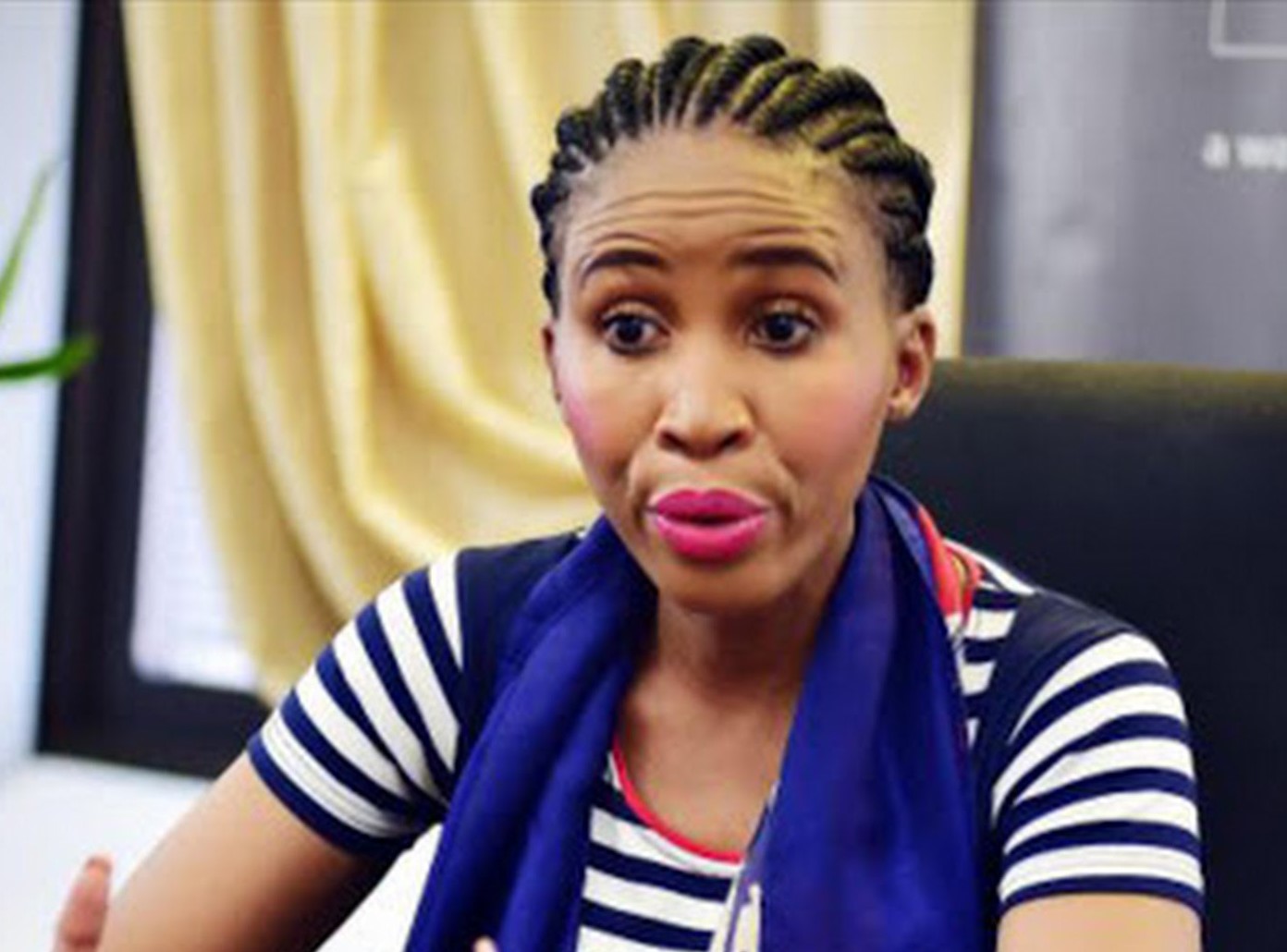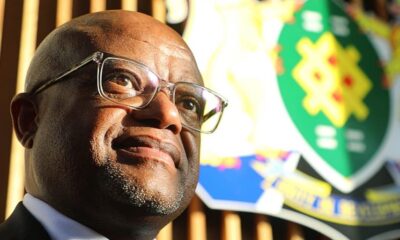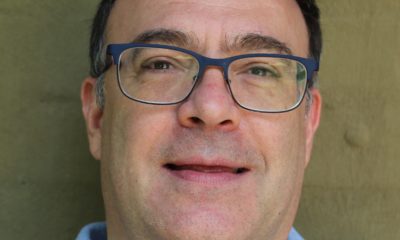
SA News

DA’s Joburg mayoral candidate details plans for smart city
Dr Mpho Phalatse, the Democratic Alliance (DA) mayoral candidate for Johannesburg, is asking residents to give her party the opportunity to govern the city, hopefully with an outright majority, for the next five years.
“That’s how we can give you stable governance and repair our broken city,” this medical doctor said while talking about her vision at the Waverley Sports Club on Tuesday evening, 26 October.
She explained how she went from being a doctor to an opposition party politician, saying that every time she saw patients while working as a doctor in Alexandra, it served as another reminder of how people lived in the township.
“There were stabbings and shootings, and it just didn’t make sense to me,” she recalled. “They were living in overcrowded spaces without running water, and there was sewerage running down the streets.”
This made her angry, and she began writing to several people in authority, asking, “Why is the government allowing people to live like this?”
One member of parliament responded to her letter with the question, “Why don’t you get involved?”
Having just finished four years at the University of the Witwatersrand, where she specialised in public-health medicine, she applied to be a public relations councillor in the DA with the thought that she would still be able to pursue her profession.
“Why did I join the DA? Well, DA policies aren’t populist, they are based on evidence, research, and international best practice. When the DA is in government, it gets things done. Studies conducted by Stats SA, Ratings Africa, and even the auditor general will tell you that the best-run municipalities in this country are DA run.”
In 2016, the DA landed up governing Johannesburg through a collation with the Economic Freedom Fighters (EFF).
“The deputy mayor decided to appoint me as MMC Health and Social Development,” says Phalatse. “I was told it was a full-time position, so I quit my career as a medical doctor that year.”
Phalatse spoke about what the DA had achieved in the following three years in government. “We did a lot – we upgraded informal settlements, surfaced kilometres of roads, and invested in infrastructure.”
In her portfolio, she ensured that clinics stayed open on the weekend and public holidays, and noticed a big drug problem in Johannesburg. “I challenged my department and the then mayor, asking, ‘Are we going to develop an in-house capacity to run substance-abuse treatment services?’ Indeed, we did.”
However, over those three years, the EFF start getting closer and closer to the then mayor. “It started controlling the city through him. The DA caucus was against what the mayor was doing – allowing the EFF to hijack our promises, budgets, plans, and gradually take the driver’s seat. After the mayor resigned, our coalition partners decided to work with the African National Congress [ANC]. That’s how we lost the city.”
There has been a “huge regression” over the past two years, says Phalatse. “It’s almost as if the ANC now knows that it’s not going to be in government forever, so whatever opportunity it gets to drive looting and corruption, it takes.”
That’s why Phalatse urges those who didn’t vote in 2016 to mark their ballot papers in the upcoming municipal elections so that the DA will have enough votes to govern with an outright majority.
Having been on the campaign trail for just more than 60 days, Phalatse spoke about the DA’s seven pillars in its manifesto, with a specific focus on Johannesburg.
She detailed the DA’s extensive plans to turn Johannesburg not only into a safe city with integrated radio communication networks between the different law enforcement agencies, but also an inclusive city by offering different options for the provision of housing.
She says the DA has a project that will make municipalities “completely Eskom-free” in Johannesburg. “This will free the city of load shedding, and get other players in the energy provision space involved, which will stimulate competition and lower the cost of supply and energy so you have more money left in your pocket.”
The DA wants Johannesburg to become a business-friendly city, enabling the business sector to flourish, and a smart city.
“When we are a smart city, even unemployment won’t be that much of a problem because a young person in Soweto can get a job in another country, sitting behind a laptop, and offer a service.”
The SA Jewish Report asked Phalatse about the DA’s stance on minority groups and why the Jewish community should vote for the party.
“You do know that I got suspended from work as an MMC for declaring friendship with Israel?” Phalatse asks. This followed a barrage of criticism for her comments during a celebration to mark 70 years of the refounding of the state of Israel in June 2018.
“The EFF said that I must be fired because they were pro-Palestine and so was the ANC. But I’ve maintained my stance and throughout my campaign, it keeps coming up. Last week, I was trying to answer a question in a debate, when Al Jama-ah got up and started singing, ‘Free Palestine’. But I’m not moved. It’s their problem, not mine.”
Darren Bergman, the DA shadow minister of international relations and cooperation, said, “The DA is the one party where our policies are very much in line with the rest of the world when it comes to the Oslo Accord. As a secular party, we are a comfortable home for Jews, Christians, Muslims, and people of all religions and nationalities.”
Daniel Schay, the DA’s candidate for ward 72 in Johannesburg, hopes that he and Phalatse can work “to drive the improvement of this ward and make the city shine again”.
DA Member of Parliament Madeleine Hicklin said, “We are the last hope that South Africa has because without the DA, there will be no South Africa and, baruch Hashem, in a week’s time, we will be celebrating.”










